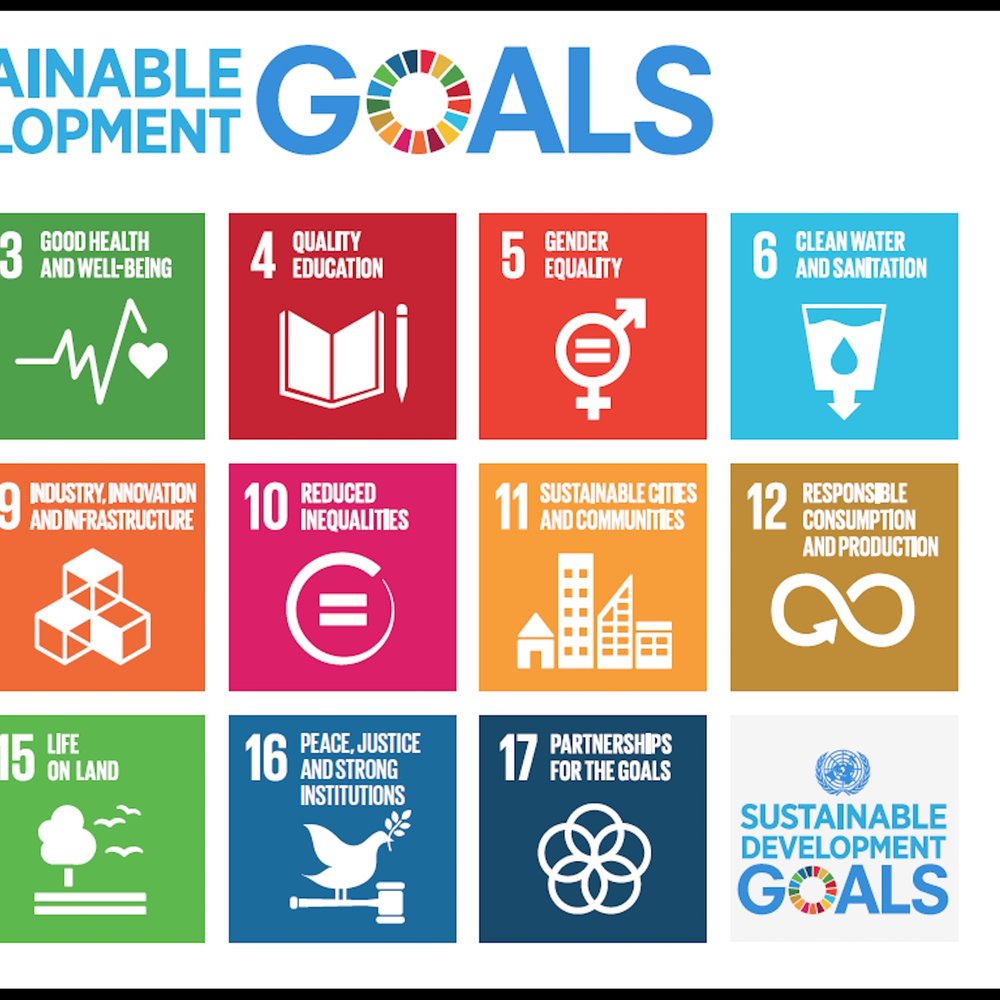Japan: Govt. Voluntary National Review specifies implementation of SDGs challenging for SMEs
"2030アジェンダの履行に関する自発的国家レビュー2021~ポスト・コロナ時代のSDGs達成へ向けて~" 22 June 2021
[ Japanese-to-English translation: Business & Human Rights Resource Centre ]
[...]
It is important for each company to consider the SDGs in its management strategy and incorporate them into its individual business strategy in order to achieve sustainable corporate growth. It is also important for the public and private sectors to work together to build momentum in Japan and abroad for companies to contribute to the achievement of the SDGs through a variety of initiatives, including their core business.
We will also promote inclusive and fair labour markets for gender equality and women's empowerment.
Due to the increasing interest of consumers in the impact of corporate activities on global and social issues, as well as the growing popularity of ESG investments, the SDGs have made some progress in penetrating the management, especially in large corporations, but further penetration among small and medium-sized enterprises (SMEs), which account for 99.7% of the total number of corporations, is a challenge. SMEs are the backbone of local communities and economies, and it is important to encourage them to take action on the SDGs.
Efforts related to business and human rights, responsible supply chains, and corporate social responsibility are important for increasing the trust of the international community in companies and for gaining high evaluations from global investors. In addition, it is essential for the private sector, which plays a central role in production and consumption, to contribute to the creation of a sustainable economy, society, and environment that the SDGs aim for. The government of Japan will take appropriate measures and promote corporate initiatives that contribute to the SDGs, based on the UN Guiding Principles on Business and Human Rights, in cooperation with relevant ministries and agencies, including the formulation of action plans.
[...]
